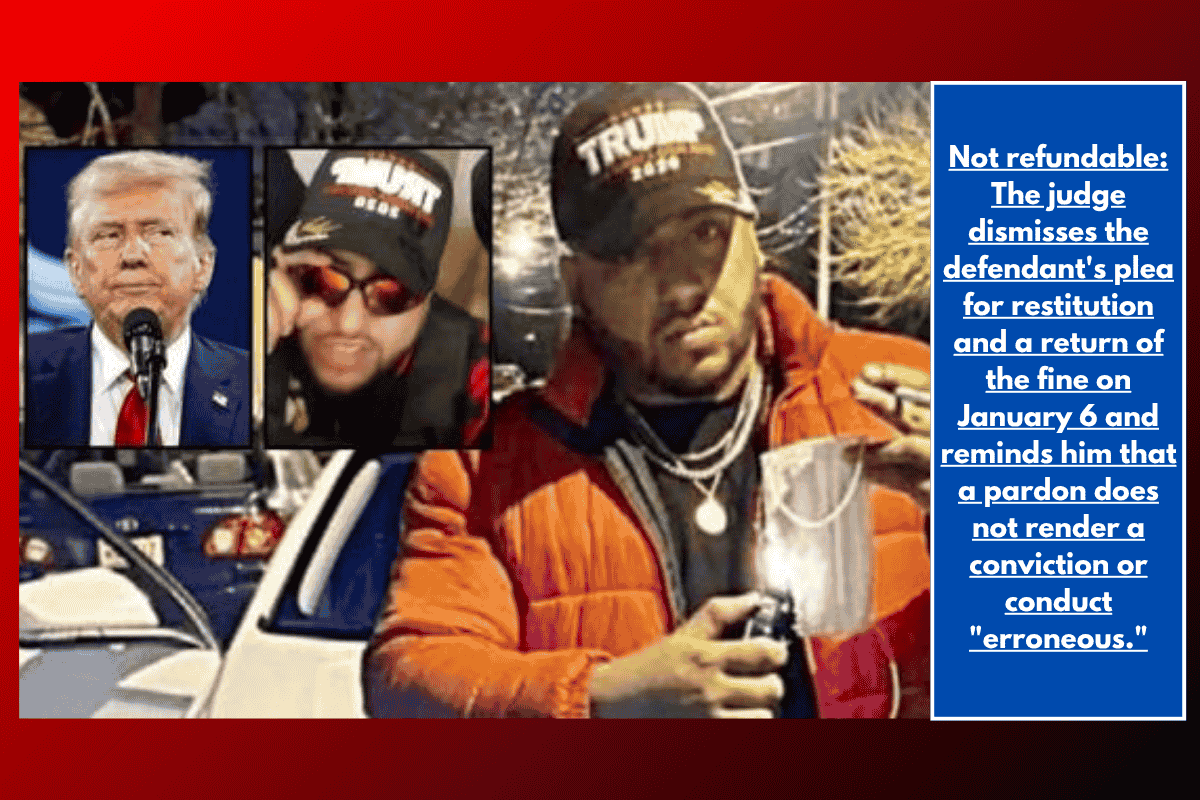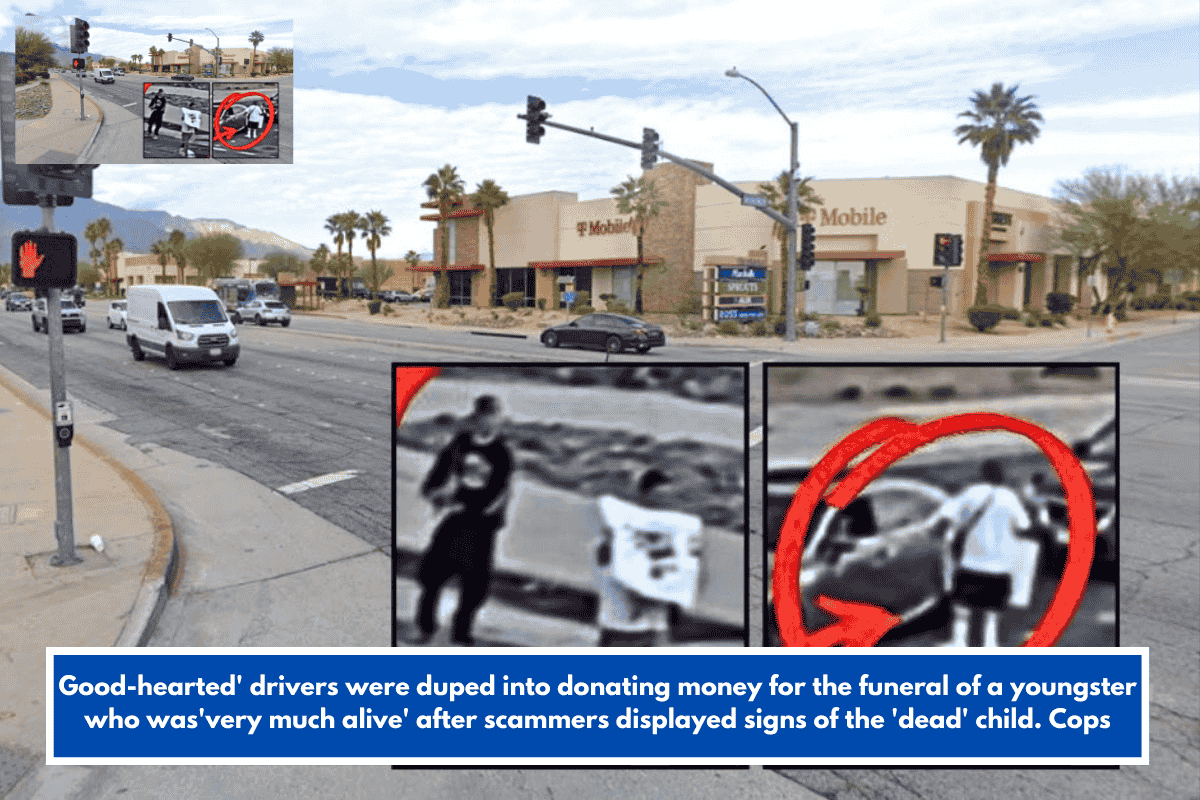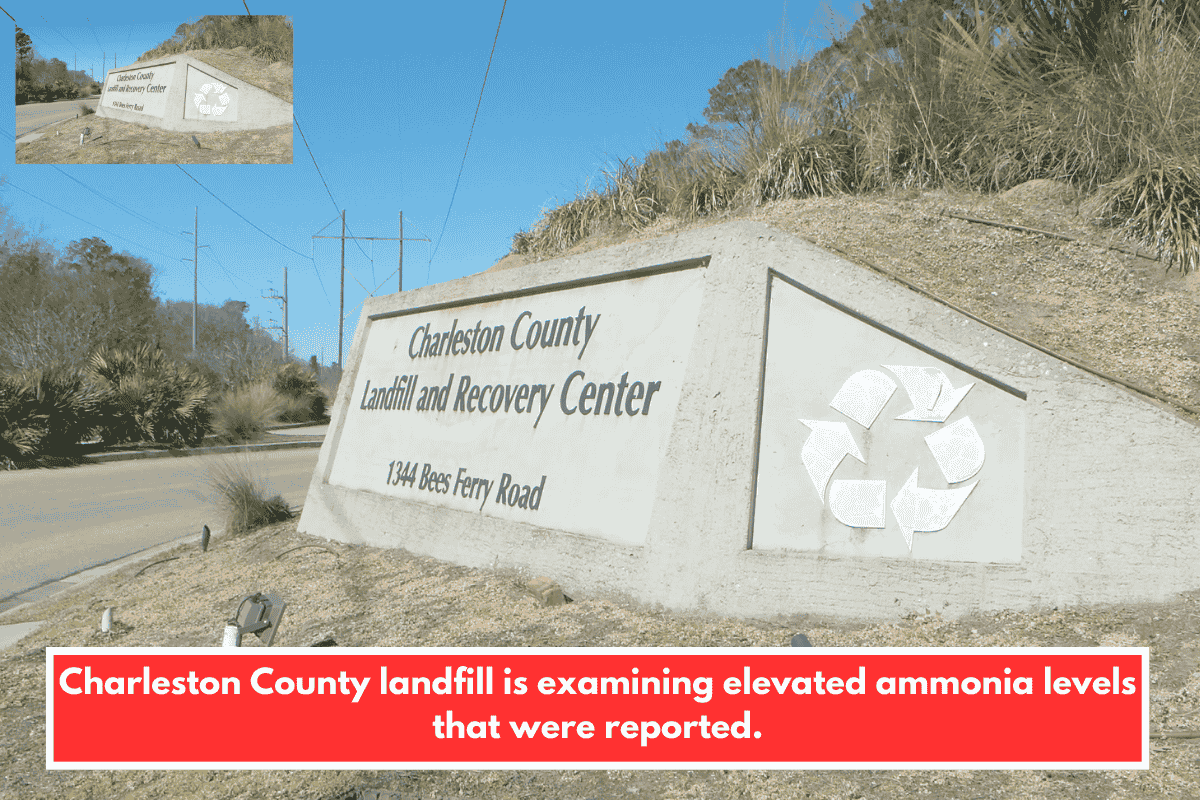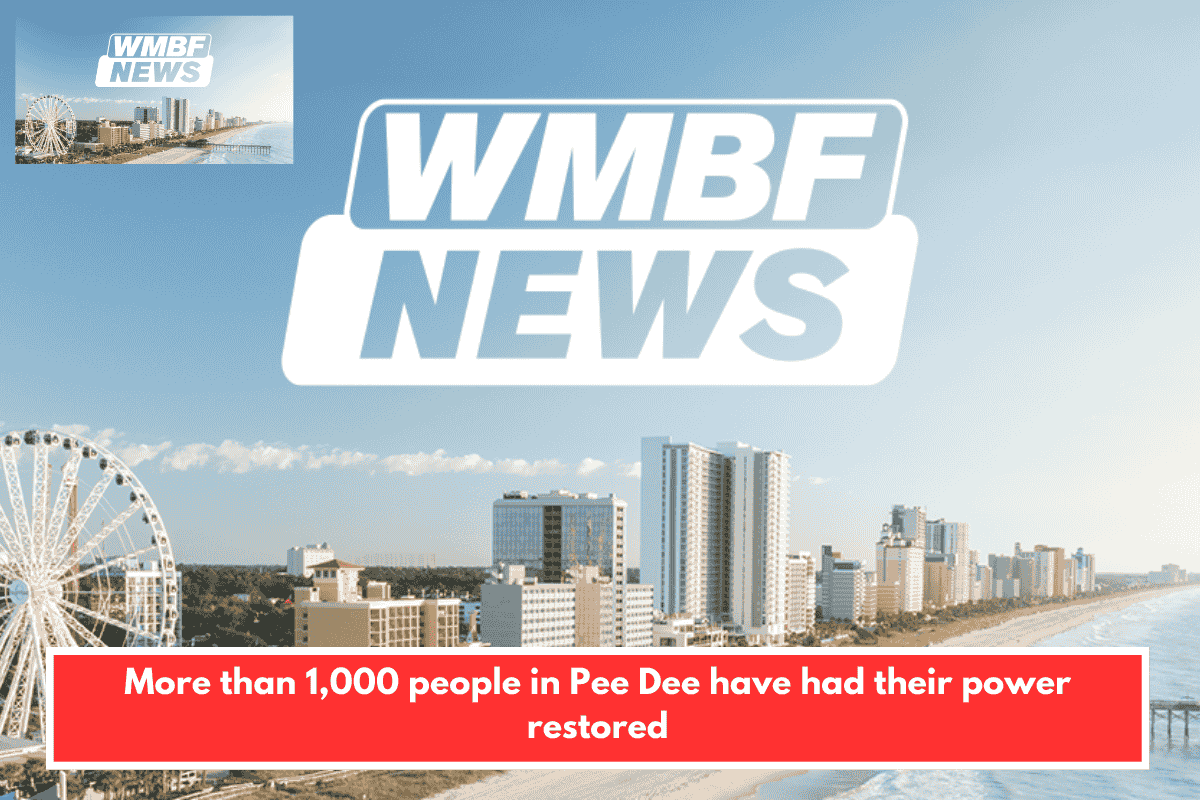A federal judge recently dismissed the request of a pardoned January 6 defendant, Hector Vargas Santos, who sought to recover fines and restitution he paid following his conviction for his role in the Capitol riot. Despite receiving clemency from former President Donald Trump, Santos was denied a refund of the money he paid after his conviction was upheld.
The Request and Legal Background
Hector Vargas Santos, 29, from Jersey City, New Jersey, was convicted in 2023 for his involvement in the January 6 Capitol riot. He was among the rioters who forced their way into the Capitol building, contributing to the significant damage caused to the premises. As a result, Santos was ordered to pay fines and restitution, including a $70 special assessment, $500 in restitution to the Architect of the Capitol, and a $2,500 fine.
After being pardoned by President Trump in January, Santos sought to recover the total $2,026.19 he had paid towards these penalties. However, U.S. District Judge Randolph Moss ruled against his request, citing a legal precedent that a pardon does not entitle a pardoned individual to a refund of fines and restitution already paid.
The Legal Precedent: Knote v. United States
Judge Moss referenced the 1877 U.S. Supreme Court case Knote v. United States, which held that a pardon is an “act of grace” but does not return rights or property once lost as a result of a conviction. The Supreme Court ruled that once a conviction has been established through judicial proceedings, any penalties imposed are presumed to have been rightfully done and justly suffered.
In this case, Moss emphasized that Santos’ payments were made while his conviction was still in effect, and therefore, the funds were not “erroneously collected.” According to Moss, even though Santos had been pardoned, the payments were lawfully made under the terms of his conviction and could not be refunded.
The Disagreement Over Nelson v. Colorado
Santos and the Department of Justice (DOJ) argued that the 2017 Supreme Court decision in Nelson v. Colorado should apply to his case. In Nelson, the Court ruled that if a conviction is vacated, a defendant is entitled to a return of any fines or restitution. However, Judge Moss pointed out that Nelson was different because it dealt with a case in which the conviction was vacated, not pardoned.
In Santos’ case, his conviction remained intact even after he received a pardon. Moss explained that the difference lies in the scope of a pardon versus the vacatur of a conviction. While vacating a conviction may result in the return of money, a pardon does not have the same effect on funds already deposited into the U.S. Treasury unless authorized by Congress.
This ruling highlights the limits of the pardon power and reinforces that a pardon, while it may remove the criminal consequences of a conviction, does not automatically entitle the recipient to recover fines or restitution that were paid during the legal process. The case also underscores the importance of the distinction between vacating a conviction and granting a pardon, with the latter not resulting in a refund of penalties already collected.
Santos’ request for a refund was therefore denied, and the funds he paid will remain in the U.S. Treasury. This decision clarifies that those who receive pardons, including high-profile cases like those stemming from the January 6 riot, are not automatically entitled to the return of monetary penalties paid before the pardon was granted.














